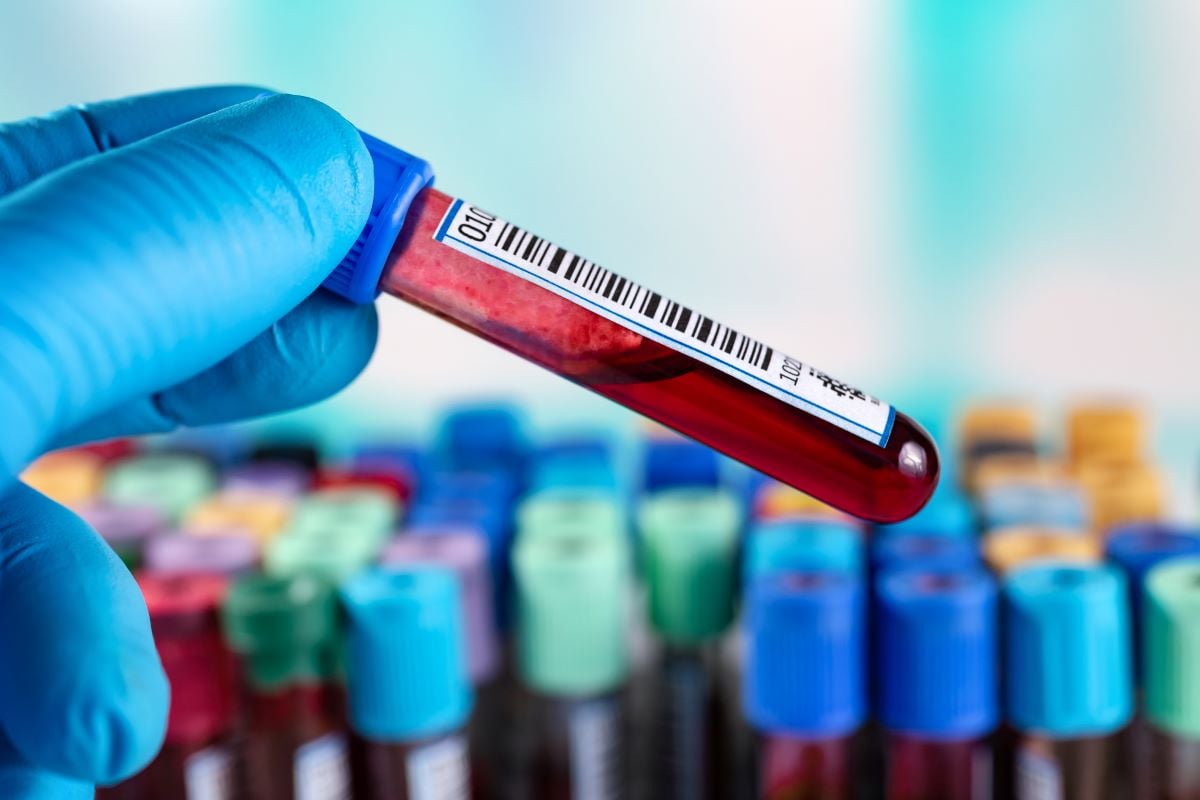Higher frequency of micronuclei, nucleoplasmic bridges seen with low magnesium, with or without high homocysteine
By Elana Gotkine HealthDay Reporter
MONDAY, Aug. 19, 2024 (HealthDay News) — Low levels of magnesium with or without high homocysteine (Hcy), are associated with increased DNA damage, according to a study recently published in the European Journal of Nutrition.
Varinderpal S. Dhillon, Ph.D., from the University of South Australia in Adelaide, and colleagues examined whether magnesium deficiency alone or in conjunction with Hcy induces DNA damage in vivo in a study involving 172 healthy middle-aged adults. Magnesium, Hcy, folate, and vitamin B12 blood levels were measured. Three DNA damage biomarkers were examined in peripheral blood lymphocytes: micronuclei (MN), nucleoplasmic bridges (NPBs), and nuclear buds.
The researchers observed significant inverse correlations between magnesium and Hcy. Magnesium was positively correlated with folate and vitamin B12. Significant inverse correlations were seen for magnesium with MN and NPBs. Compared with those with high magnesium and low Hcy, individuals with low magnesium and high Hcy exhibited a significantly higher frequency of MN and NPBs. An interactive effect was seen between these two factors in induced MN and NPBs.
“The results we present regarding the DNA protection effects of magnesium could benefit clinicians and nutritionists in patient counselling regarding food supplementation; if properly implemented, [they] could impact the onset or progression of cancer and other noncommunicable disease,” the authors write.
Copyright © 2024 HealthDay. All rights reserved.








